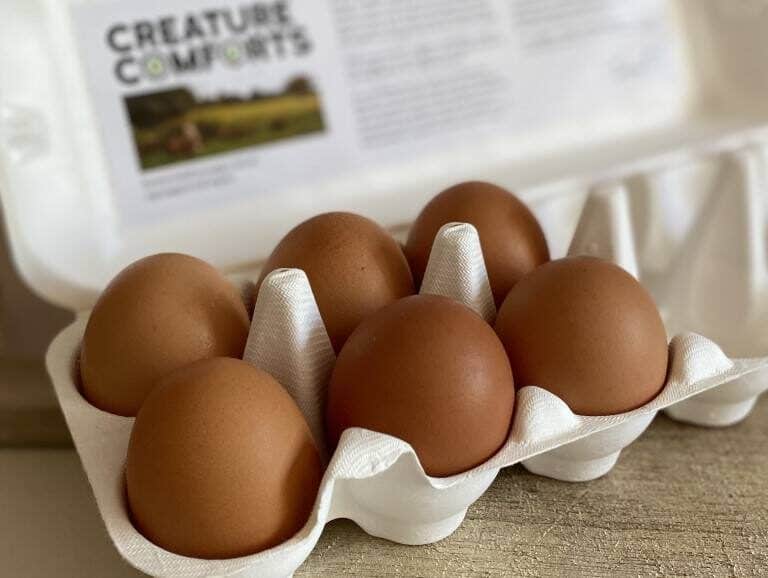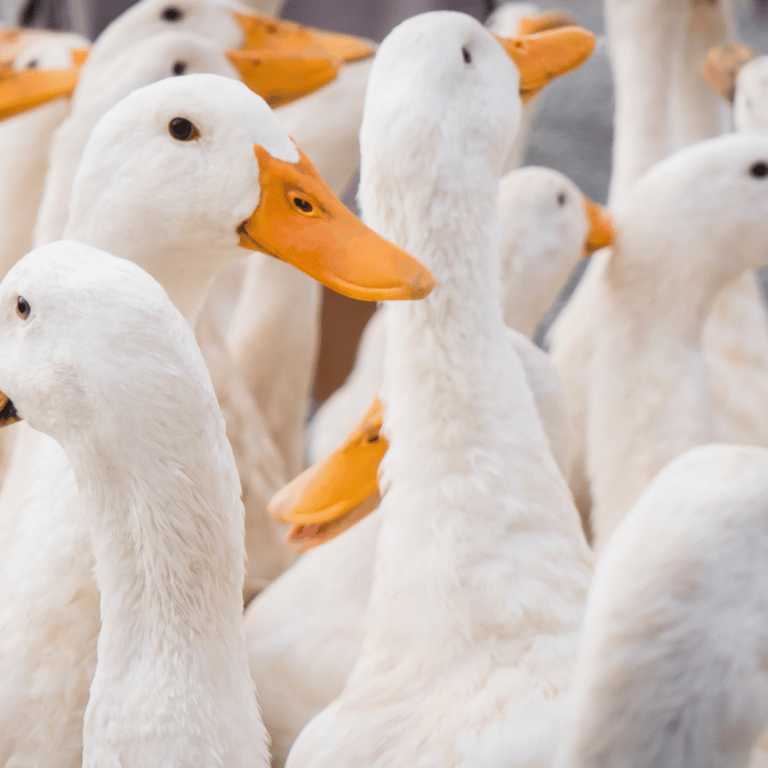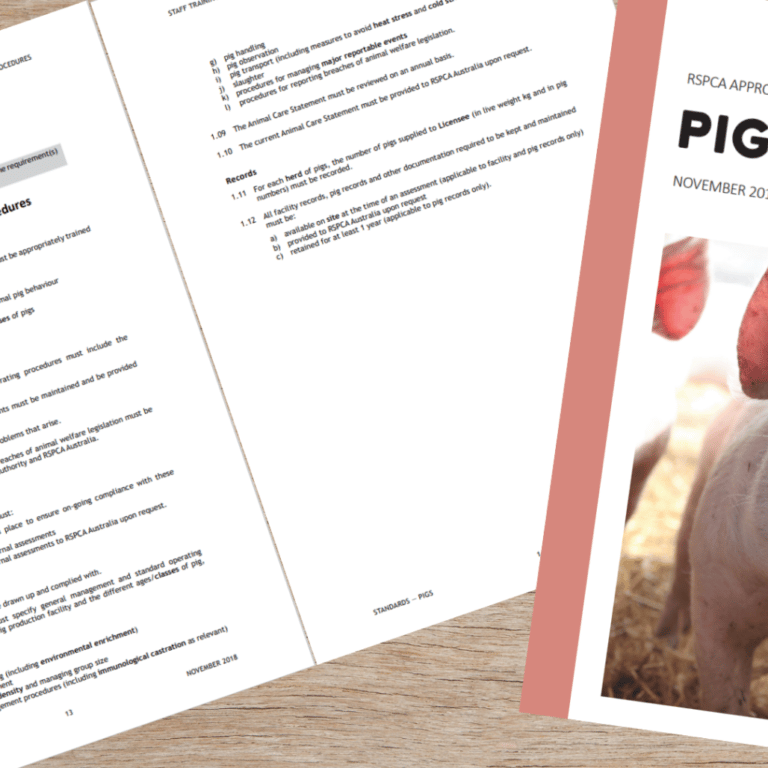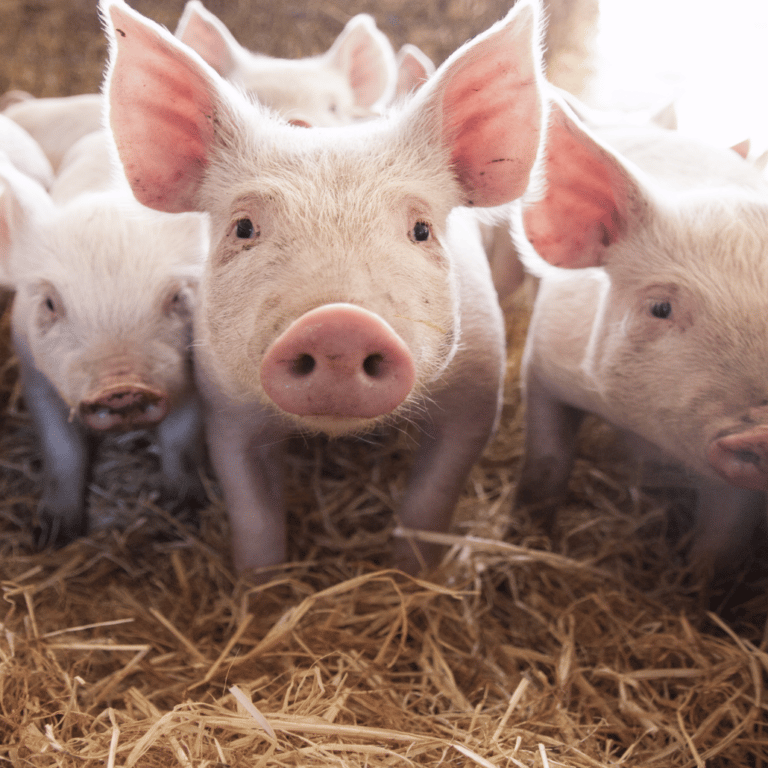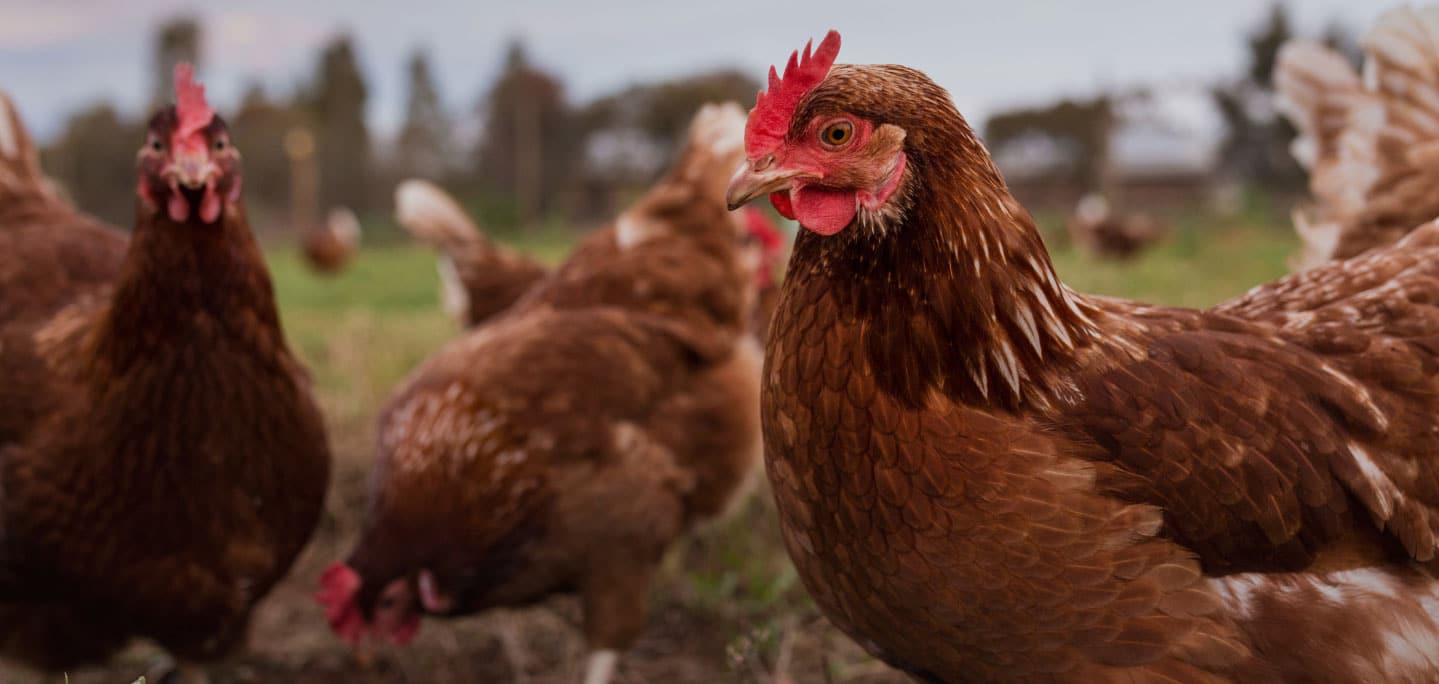Businesses are increasingly listening to what their customers want and are becoming more transparent about where and how their products are farmed, sourced, and made. For businesses to accurately promote the origins of these products, they need to have the systems in place to trace them back to the source. But how does traceability work, and why is it really that important?
Traceability in food production is the ability to trace the ingredients in a product through a supply chain, all the way back to the source. When you pick up a product at your local supermarket or grocer, chances are that the product has been through multiple steps in a supply chain before ending up in your basket.
Being able to trace ingredients is not only important for food safety and quality assurance, but it also allows businesses to make sure that any public claims made about their product are true and accurate, and that no substitution or product tampering is occurring. Effective and well-managed systems focused on ensuring product traceability, also make it easier for businesses to rectify any issues if they occur.
So what makes a good traceability system?
These systems should be able to do the following:
- manage large amounts of product data and information including the quantity of product supplied and/or received
- trace products and ingredients forwards and backwards in their supply chains
- test the systems’ own effectiveness through mock recall exercises
- use a mass balance exercise to account for the volume of materials at all stages of production; to make sure that no substitution or mixing of products is occurring
RSPCA Approved certification, more than just animal welfare.
The RSPCA Approved Farming Scheme works hard to make sure that any product that carries the RSPCA Approved certification has indeed come from the farms and abattoirs that are regularly assessed against the RSPCA’s animal welfare Standards. To do this, annual assessments of each business in the supply chain of RSPCA Approved products are conducted against our publicly available Chain of Custody Standard.
Australians are driving change for some of our country’s most intensively farmed animals, simply through their purchasing decisions. When these consumers pick up a product with an animal welfare claim, this needs to be verifiable to demonstrate how that product is raising the bar for farm animals.
By choosing a product with a robust certification process and strict traceability requirements, such as RSPCA Approved, conscious consumers can support the companies and farmers who are leading the way in improving welfare for millions of farm animals every year.
You might also be interested in A story of change: How you can support a future of higher welfare farming or Brands leading the way towards better farm animal welfare

